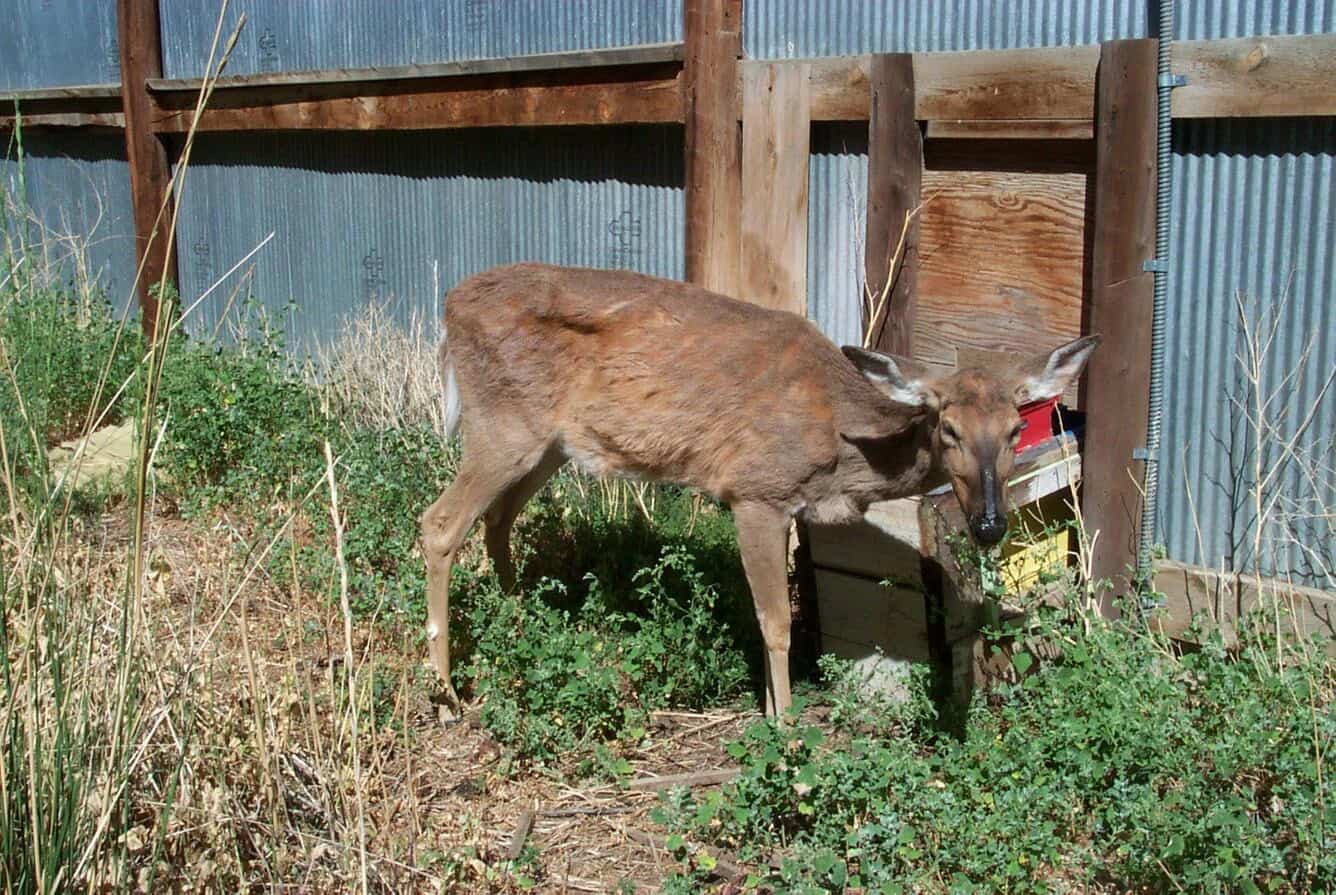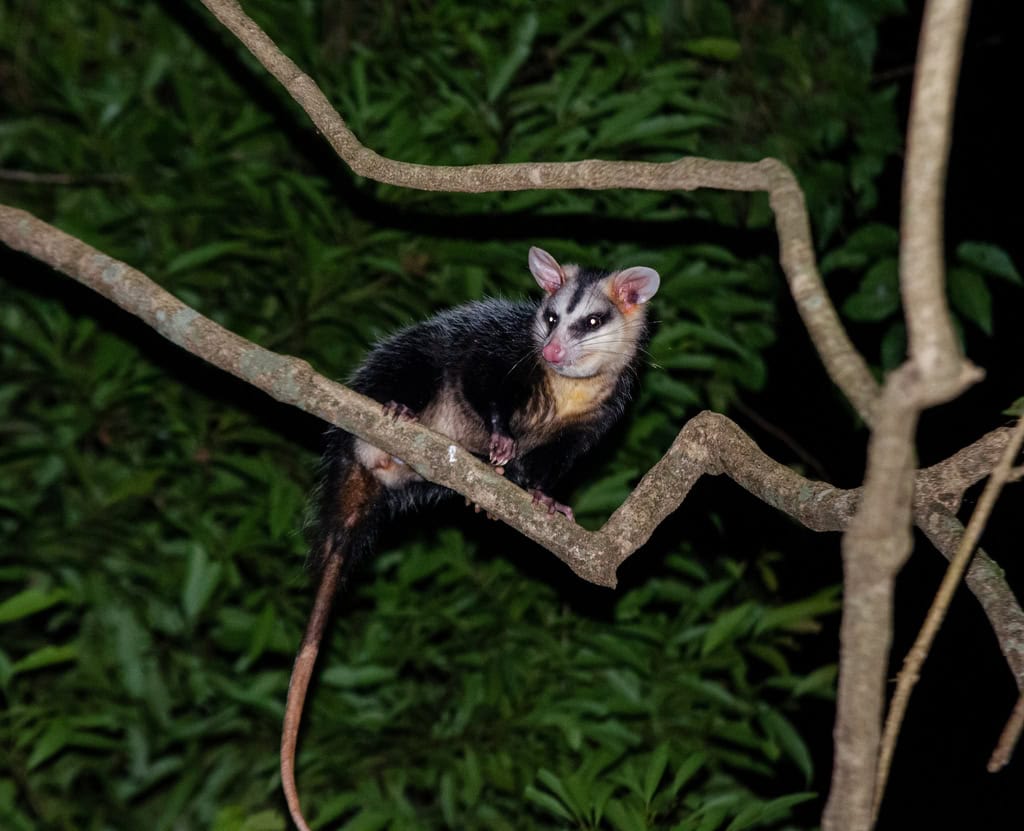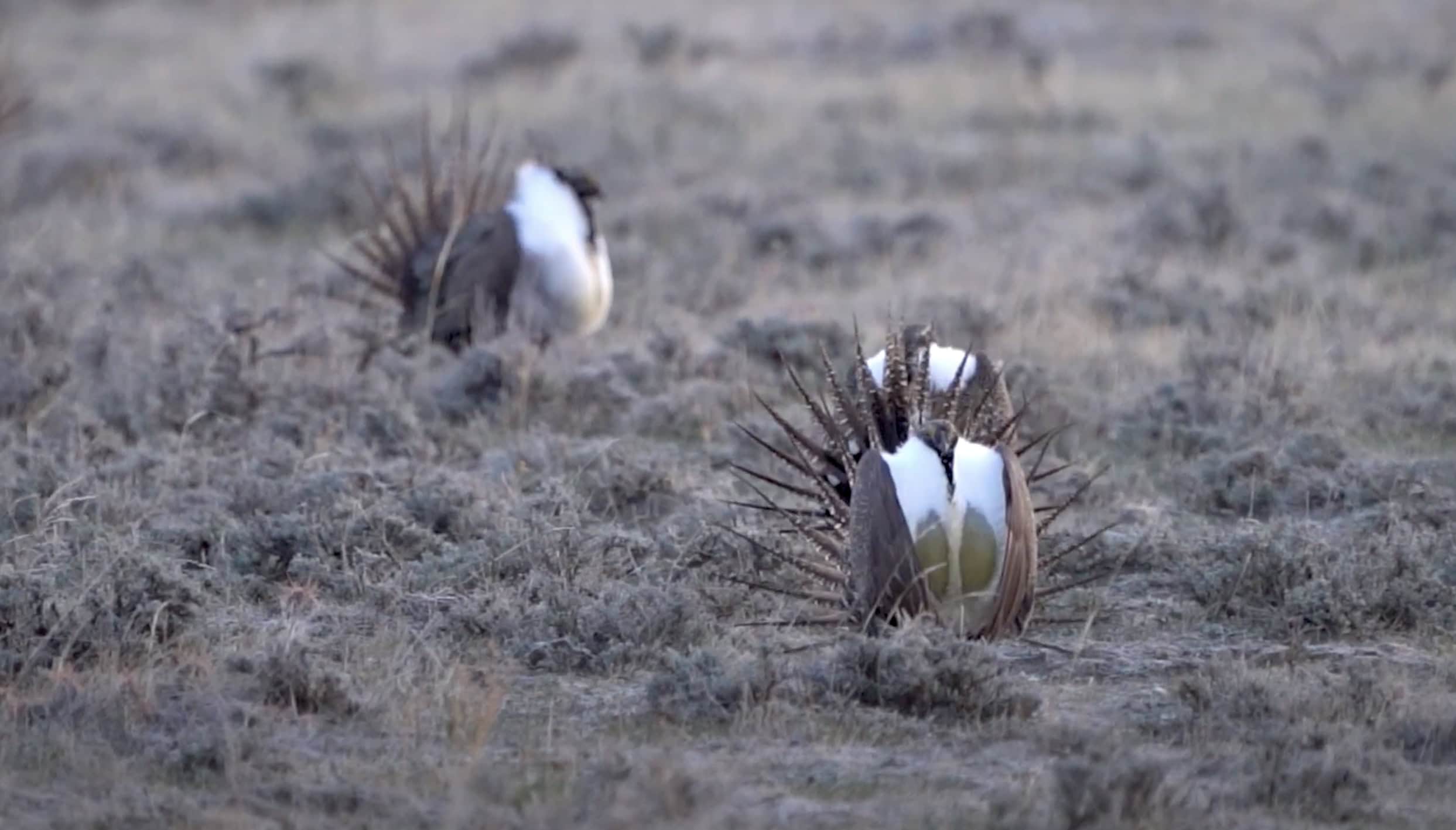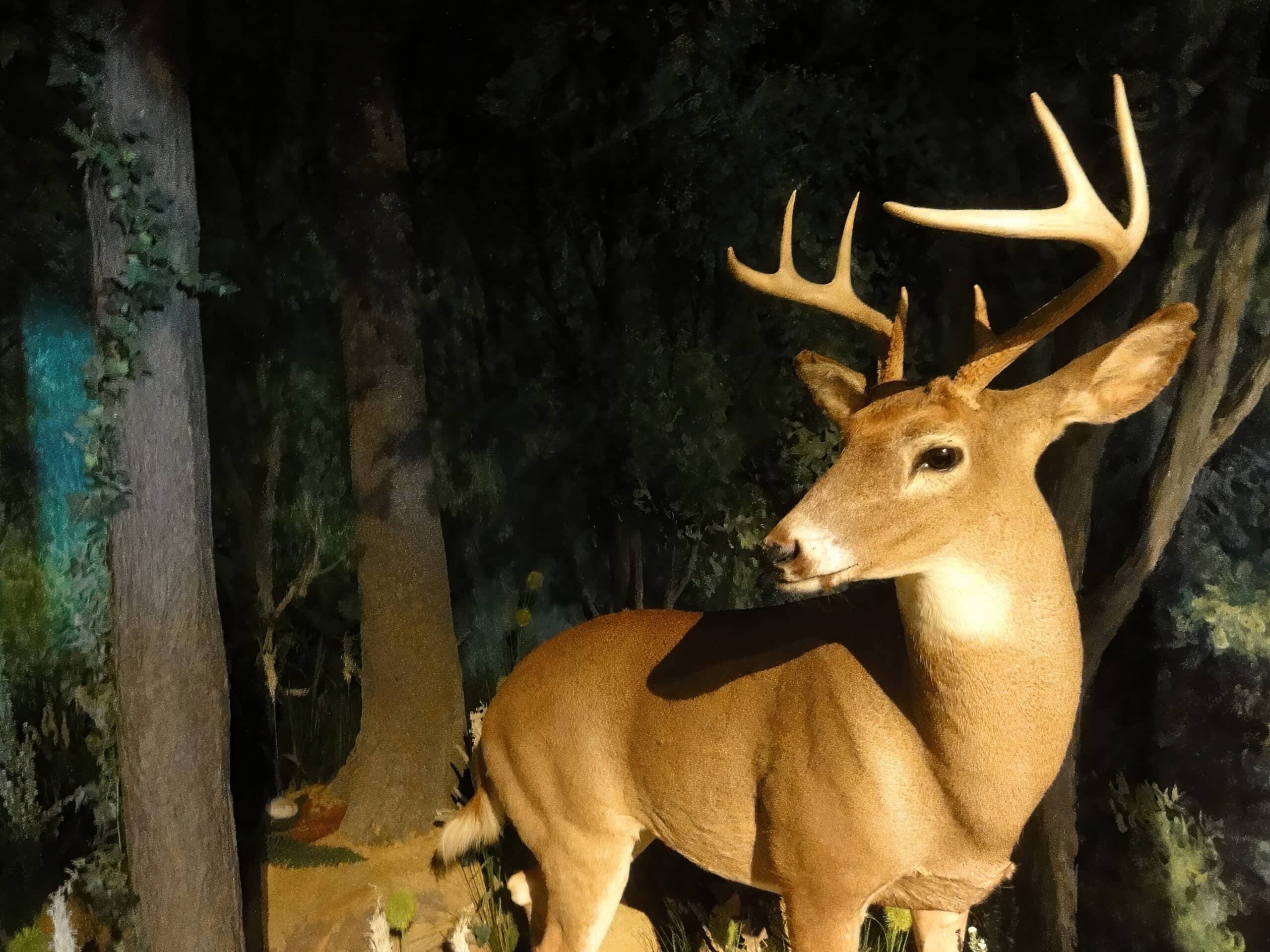Share this article
Study finds CWD unlikely to spread to humans
Researchers found a “strong species barrier” protects people from the disease
Chronic wasting disease has spread throughout North American deer and elk populations, raising concerns about how it may affect people who eat affected meat. But researchers from the National Institutes of Health found the disease is unlikely to spread to people.
In a study published recently in Emerging Infectious Diseases, researchers found evidence of a “strong species barrier” to the disease affecting humans.
CWD is a prion disease that affects the central nervous system. Caused by the folding of abnormal proteins, it has spread widely among affected cervid populations, including deer, elk and moose, and is always fatal.
In the latest study, researchers infected human cerebral organoids—tiny spheres of human brain cells—with CWD prions. None became infected.
Researchers say they can’t rule out some people having a genetic susceptibility to the disease, but for most people, contracting CWD is extremely unlikely.
Header Image: Chronic wasting disease is fatal to deer and elk, but researchers say it is unlikely to spread to people. Credit: Terry Kreeger/Wyoming Game and Fish and Chronic Wasting Disease Alliance








